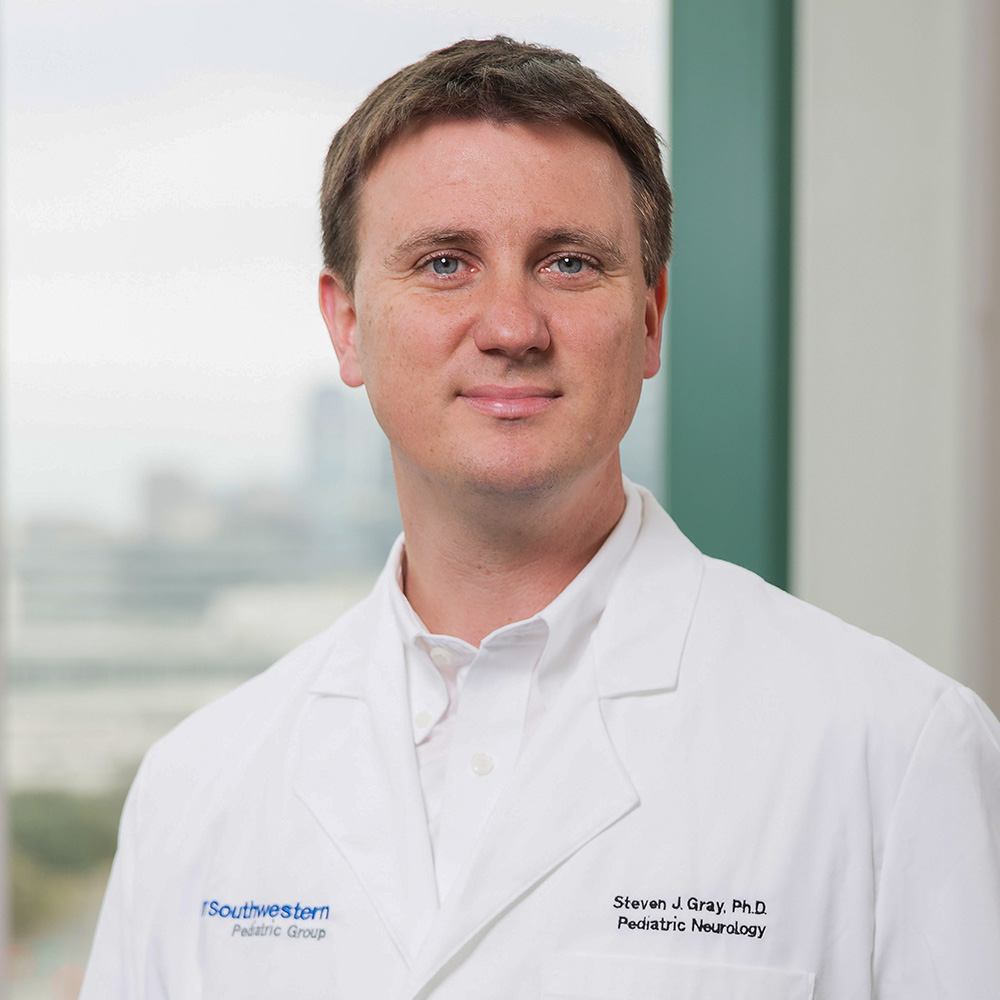Fort Worth engineer fought epilepsy for decades before surgery ended her seizures

By Gregg Shields
Twala Freeman is an electrical engineer, so it might be considered cruel irony that she long suffered from epileptic seizures, a virtual “electric storm” of neurons firing without control in her brain.
Her journey for treatment led her to doctors and hospitals across the country, going from one medication to the next. For years, the Fort Worth resident unsuccessfully sought an effective treatment before reaching UT Southwestern Medical Center.
A UT Southwestern team skilled in the most advanced treatments for epilepsy diagnosed Ms. Freeman’s condition, successfully performing in late 2013 an innovative surgery that eliminated her seizures. The National Association of Epilepsy Centers, which evaluates medical facilities regionally, nationally, and internationally, has designated UT Southwestern a Level 4 epilepsy center. This is the highest designation possible, meaning physicians, researchers, and clinical care leaders at the center offer the most advanced diagnostic techniques and treatments for the condition.
Medical experts estimate that 65 million people worldwide have epilepsy. These electrical surges in the brain may cause a variety of behaviors, including blank stares, temporary confusion, jerking movements, violent muscle spasms, or a loss of consciousness. Epilepsy can stem from brain injury or infection, abnormal brain development, or genetic disorders. Sometimes, there is no detectable cause.
As an adolescent growing up in Muscle Shoals, Alabama, Ms. Freeman experienced occasional auras, or brief periods of altered consciousness.
“It was mainly the déjà vu or aura sensations that I would have from time to time,” said Ms. Freeman. “I asked if anybody smelled that, or did they feel like they had been here before, and I was the only one feeling that way.”
Her health took a turn for the worse when she suffered a major seizure in 2001 while driving on a Dallas freeway. Ms. Freeman started feeling nauseous, again experiencing feelings of altered awareness, then lost consciousness. She crossed several lanes of oncoming traffic and came to rest in a hollow off the road. Fortunately, she survived, with her car getting only a small scratch.
She was taken to a nearby emergency room, where doctors said it appeared she had suffered a seizure. They suggested she see a local neurologist in Fort Worth.
“Hey, everyone has one seizure in life,” Ms. Freeman said she was told, “that was yours.”
Unfortunately, that wasn’t the end of her seizures.
Another consulted neurologist prescribed a few medications that resulted in severe side effects. None fully succeeded in controlling the seizures.
After nine years of medication changes and tests, Ms. Freeman learned that the University of Virginia was conducting a study using brain surgery to treat chronic epilepsy.
“I had never heard of this,” she said. “The neurologists I had dealt with said they had medications for epilepsy, but that if I didn’t want those, there was nothing they could do for me.”
Her neurologist at the time discouraged her from the surgical option. But she was determined, and contacted the Virginia-based neurosurgeons. Although they were initially interested in enrolling her, the study closed. Months later, the door seemed to open yet again as the University of Virginia team re-contacted her, but Ms. Freeman was unable to travel.
That limitation offered another route. The doctors in Virginia suggested she contact UT Southwestern.
Ms. Freeman’s first contact with the Medical Center was Mona Cheung, an advanced practice nurse in the Epilepsy Division of the Department of Neurology and Neurotherapeutics.
“When Twala first called, she lost her cell phone connection, and I was concerned she was having a seizure on the spot,” said Mrs. Cheung. “We had a long wait list, but Twala was very persistent.”
UT Southwestern epileptologists examined Ms. Freeman, including a stay in the epilepsy monitoring unit, and determined she was a good surgery candidate.
“I was so impressed,” recalled Ms. Freeman. “Mona and the doctors knew all about the medications I had been taking and their side effects, they knew about the University of Virginia study, and they seemed to understand all I had been through.”
Subsequently, she had a few more tests to localize the seizures, and the surgical team met with her to explain the risks and benefits.
In December 2013, Dr. Samuel Barnett, Associate Professor of Neurological Surgery and Otolaryngology, performed a partial resection of Ms. Freeman’s right temporal lobe, removing the portion of the brain causing the seizures.
Two years later, Ms. Freeman is seizure-free, her medications are gradually being reduced, and she is working at Triumph Fabrications in Fort Worth.
UT Southwestern recently established the Peter O’Donnell Jr. Brain Institute, a comprehensive center dedicated to better understanding the basic molecular workings of the brain and applying these discoveries to the prevention and treatment of brain diseases and injuries. Simultaneously, UT Southwestern, through new investments in advanced technology and multidisciplinary clinical programs, is positioning Zale Lipshy University Hospital to provide care for patients with brain disorders that include epilepsy, Alzheimer’s disease, Parkinson’s, ALS, concussions, stroke, brain tumors, and other psychiatric illnesses.




